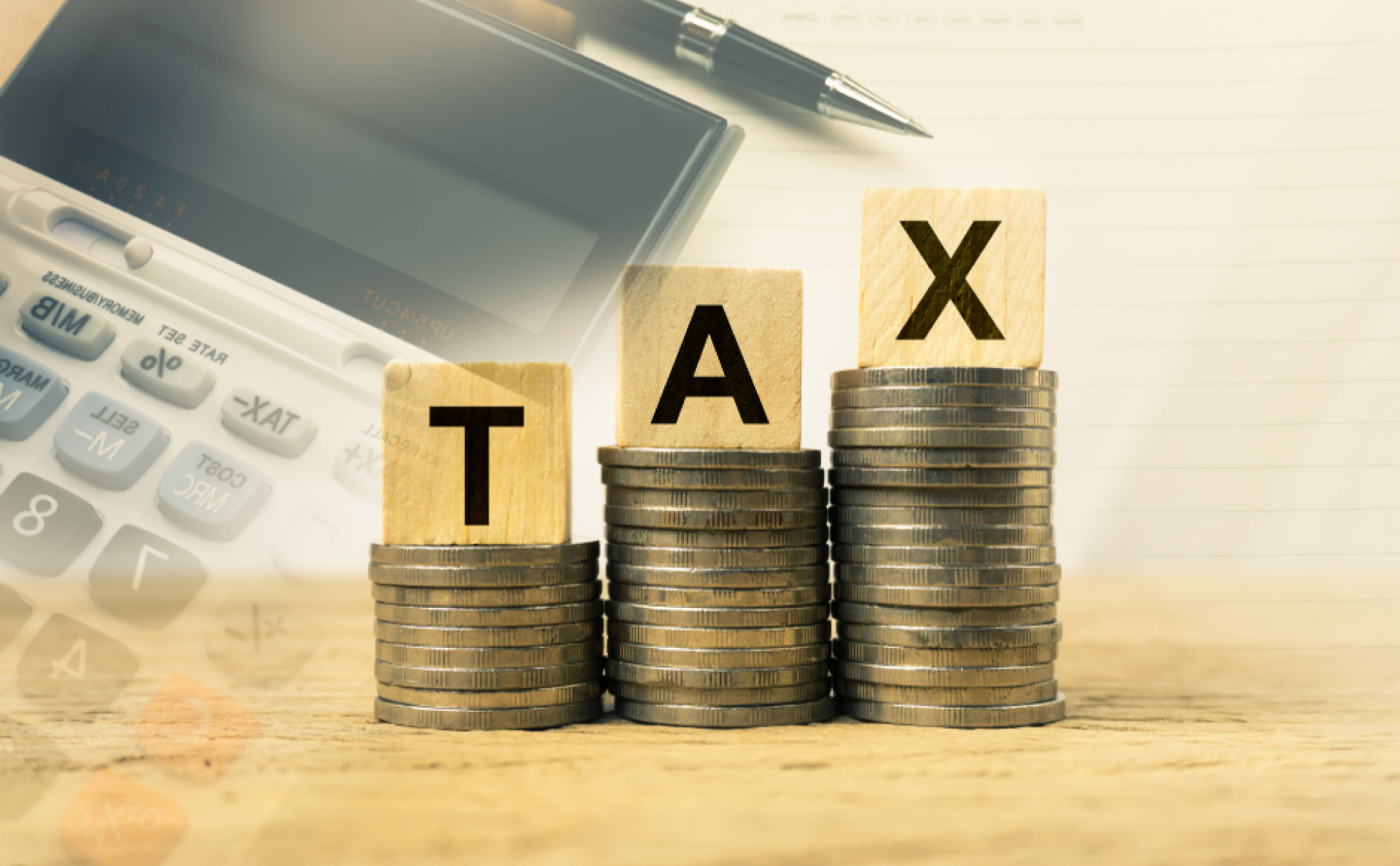PTBP Web Desk
In a significant move towards simplifying tax processes for employees and pensioners, the Accountant General Pakistan Revenues (AGPR) has committed to updating its SAP (Systems, Applications, and Products in Data Processing) module.
This decision comes on the heels of recommendations from the Federal Tax Ombudsman (FTO) aimed at facilitating tax adjustments and credits, thereby streamlining tax management for salaried individuals and pensioners.
The initiative stems from the FTO’s investigation into complaint No.0012/OM/2024, where it was found that salaried individuals were facing undue tax burdens due to the current withholding tax procedures at District Account Offices (DAOs). The FTO noted that these procedures were not in line with Section 149 of the Income Tax Ordinance, 2001, which should allow for mandatory credit of tax withheld under other provisions of the law.
Update SAP Module: Enhance the SAP system to allow for automatic adjustments and credits of taxes deducted under various sections of the Income Tax Ordinance, thus avoiding the cumbersome process of refund claims.
Monitoring Mechanism: Establish a robust monitoring system to prevent misuse of these tax benefits at the withholding stage.
Meeting Details: An internal discussion was scheduled within the AGPR to deliberate on these changes. The AGPR has agreed in principle but awaits a comprehensive policy-level discussion.
Tax Adjustment Limit: The tax adjustments will be limited to the tax liability of the AGPR, ensuring that the adjustments do not exceed what the government has collected.
FBR’s Role: The Federal Board of Revenue (FBR) is expected to provide details of the tax sections under which deductions are adjustable, facilitating the integration into the SAP system.
The current tax withholding system has led to grievances among salaried individuals, who despite qualifying for tax benefits under Clause (2) of Part III of the Second Schedule to the Income Tax Ordinance, 2001, still faced excess deductions:
Excess Deductions: Even with clear legal provisions, tax was being withheld excessively at the source, creating a burden for taxpayers.
Non-Compliance: The findings pointed out a lack of adherence to the legislative intent behind Section 149, aimed at ensuring that withheld taxes could be credited against other tax liabilities in the same fiscal period.
The implementation of these changes by the AGPR, in coordination with the FBR, could have several positive outcomes:
Efficiency in Tax Management: By automating tax adjustments, the process of claiming refunds, which often is delayed and cumbersome, could be minimized or eliminated for many taxpayers.
Enhanced Taxpayer Experience: This update would particularly benefit salaried individuals and pensioners, reducing their administrative burden related to tax filings and refunds.
Compliance with Law: Aligning the tax withholding process with legal stipulations ensures that the rights of taxpayers are respected and upheld.



